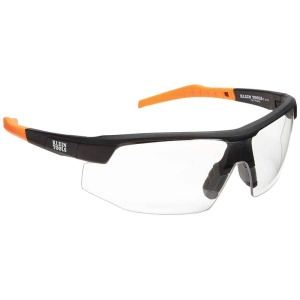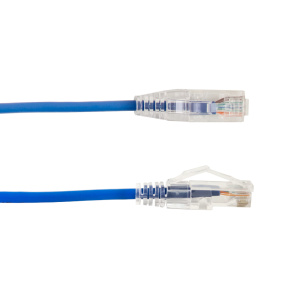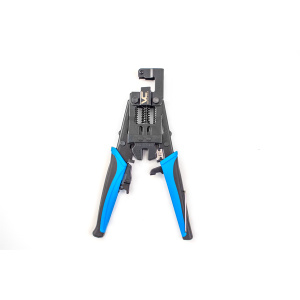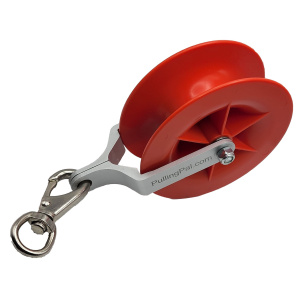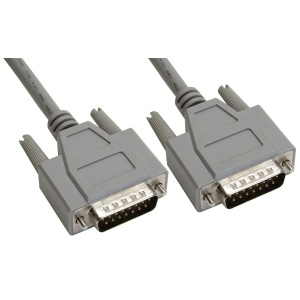Introduction
Technology has become a cornerstone of modern life, and the stability of networks has never been more crucial. The task of selecting a network tester is not as simple as picking apples from a tree. It requires profound understanding and thoughtfulness about the needs of your network, current issues, and future scalability. This comprehensive guide is designed to assist you in Choosing the Right Network Tester for Your Needs.
Choosing the Right Network Tester for Your Needs
Let’s cut to the chase. A network tester is the Swiss Army knife for every IT specialist or network administrator. It helps diagnose issues, monitor performance, and guarantee the overall health of your network. But the market is chock-full with a variety of testers, each with its own set of features and specifications. So, how can you pick the perfect one that aligns with your specific needs?
Understanding Your Network
To make an informed decision, you first need to grasp the nature of your network. Is it a small-scale local area network (LAN), or does it span continents as a wide area network (WAN)? Maybe it’s somewhere in between. Additionally, what sort of devices are connected? Are there Internet of Things (IoT) devices? All of these factors will influence your choice.
Analyze the Problems You’re Encountering
Different network testers specialize in solving different types of problems. Are you dealing with connectivity issues, speed reduction, or data loss? Is it a simple matter of finding out why the new printer won’t connect? By identifying your issues, you can shortlist the network testers that are most likely to provide solutions.
Unraveling the Variety: Different Types of Network Testers
Network testers come in all shapes and sizes, each with a set of capabilities tailored to specific networking scenarios. This section highlights the most common types of network testers and their use cases to aid you in your quest.
Cable Testers
Often, network issues arise from faulty cables. Cable testers are adept at diagnosing issues related to network cables, whether it’s Ethernet, coaxial, or fiber optic. They can determine if there are broken wires, short circuits, or improper terminations.
Network Performance Testers
These are the workhorses of network testing. They measure key performance indicators (KPIs) such as upload/download speed, latency, jitter, and packet loss. They are essential for ensuring the smooth running of real-time services like VoIP, video conferencing, and online gaming.
Protocol Analyzers
A protocol analyzer is the equivalent of a high-powered microscope for networks. It can examine data packets in-depth, helping to troubleshoot complex network issues. It’s particularly helpful when dealing with security breaches and data leaks.
Decoding the Specifications
Network tester specifications can often read like Greek to the uninitiated. Let’s decode some of these terms to help you understand what to look for in a network tester.
Speed
Network tester speed is the first thing to consider. The speed should match or exceed the maximum speed of your network to provide accurate testing results.
Supported Protocols
Different testers support different network protocols. Make sure the tester supports all the protocols used in your network, such as Ethernet, Wi-Fi, or maybe even some legacy protocols.
Display and User Interface
A tester with a clear, easy-to-read display and intuitive user interface can make troubleshooting a breeze.
Battery Life
Long-lasting battery life is a must for field technicians. You don’t want your tester running out of juice in the middle of a critical diagnosis.
Cost versus Value
An age-old conundrum, should you go for the budget option, or should you splurge on the high-end tester with all the bells and whistles? A balance between cost and value is the key.
Budget Constraints
Let’s face it, budget is a significant factor. You can still find good testers within your budget if you focus on the features you need the most.
Investment in the Future
If scalability and future-proofing are a concern, it might be worth investing in a more advanced tester. It might cost a pretty penny now, but it can save money down the line.
FAQs
- What is a network tester? A network tester is a tool used by network professionals to diagnose and fix problems within a network.
- Why is choosing the right network tester important? Choosing the right network tester ensures you have a tool tailored to your network’s specific needs, saving time and resources in troubleshooting and network maintenance.
- What are some of the different types of network testers? Different types of network testers include cable testers, network performance testers, and protocol analyzers, each serving a unique purpose.
- What factors should I consider when choosing a network tester? You should consider your network’s nature, current problems, the tester’s speed, supported protocols, user interface, and battery life.
- Should I go for the most expensive network tester? Not necessarily. It’s more about finding a balance between cost and value. An expensive tester might have advanced features that you don’t need, while a cheaper one might fulfill your requirements perfectly.
- Are there network testers for specific network types, such as Wi-Fi or Ethernet? Yes, certain testers are designed for specific network types. It’s crucial to choose a tester that supports the network types used in your infrastructure.
Conclusion
Choosing the Right Network Tester for Your Needs is an art that requires a thorough understanding of your network and its requirements. By taking into account the network’s size and type, the problems at hand, the types of network testers available, their specifications, and the cost-value proposition, you can select the ideal tool to maintain your network’s health and performance.

